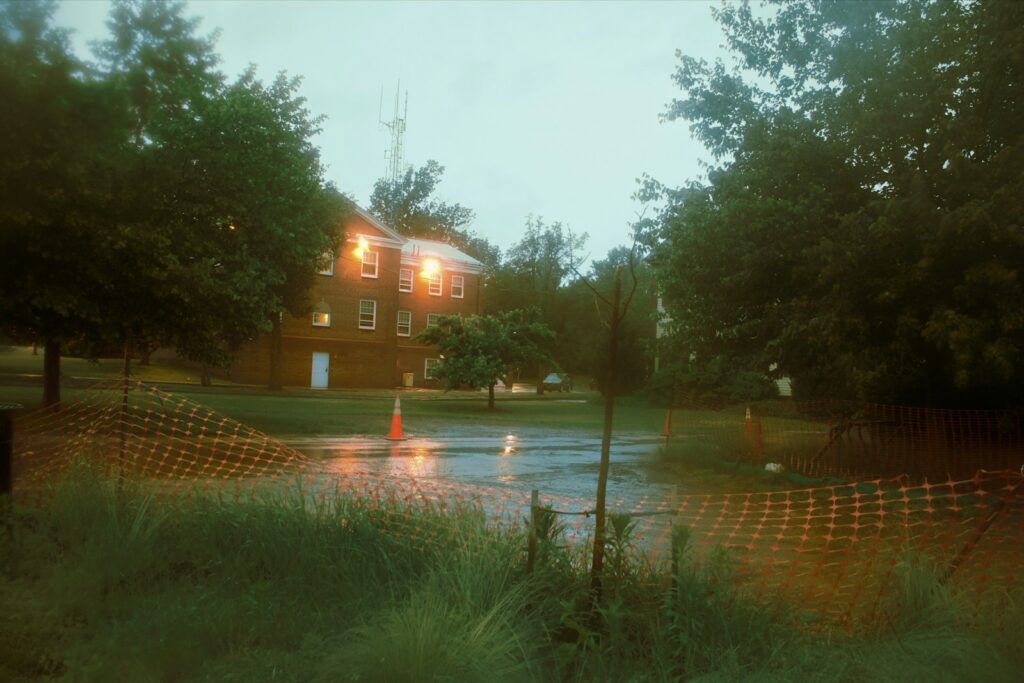What is the starting point for improving our environment? Is it to highlight the positives; the good things that the environment does for us? Or is it to focus on negatives; the stories of the harm we are doing to it (and the harm it will, and is, doing to us through lack of action)? Of course, we need both.
But the environmental policy narrative in the UK and beyond is now taking a positive stance. It is encourages us to see the environment as a form of capital, an asset or infrastructure that provides so-called ‘services’. In particular, the natural capital agenda is on the rise.
Blazing the trail are the likes of the Scottish Natural Capital Index, the Natural Capital Committee for England and the recently launched global Natural Capital Protocol. The aim is to encourage radically different decisions at the heart of government and business, based on the often invisible value of the environment. A positive frame of mind, focused on the value of nature, helps us see that the environment is something that, if invested in, will help us to address society’s big issues like inequality, climate resilience and international competitiveness.
If we believe that more positive talk of the environment will achieve more than the negative, we urgently need to see outcomes. This could mean HM Treasury and other finance ministries investing in woodlands and waterways. More than this, local authorities and their partners need to show what these new positive arguments mean for particular places and people. Will it make a difference in creating jobs and improving health?
If we agree that outcomes are crucial, there is no better place to start than the places where the majority of us live. Cities are crucibles of all forms of capital – natural, social, human, financial and manufactured. They are the places where most people experience the environment (good or bad) in their lives. If we can’t show the added value of natural capital thinking at the city scale, we won’t have a hope of showing why a broader positive view of the environment is needed for the benefit of everyone.
When it comes to natural capital, it is smart to start with cities. Some UK cities are blazing the trail. Birmingham has produced a Green Living Spaces Plan, with unique maps showing how greenspace is supporting health and the economy. The implementation of Plymouth City Council’s Green Infrastructure Delivery Plan and the work of the Central Scotland Green Network are also of note. Look at how Belfast has gained the institutional and community buy-in to secure £42m of Lottery Funding for the Connswater Community Greenway Project.
In the urban setting, investment in ‘green’ features is so often piecemeal. We see attractive but isolated green walls and roofs, and the occasional pocket park. We see lovely photos that show off their trendy magnificence. But what is their contribution to the long-term needs and aspirations of cities under a changing climate?
As with any form of infrastructure or any asset, sound planning and management is what we need. Unless we see the big picture of what our green infrastructure (and natural capital) is doing for our cities, we will never be able to ensure design and planning guidance reflects this. Neither will we have the business case to ensure that investments in natural spaces and features are proportionate to need.
The natural capital upon which our cities depend is invisible. This is because it is either absent; or isn’t valued in the same way as other forms of infrastructure. This is why the UK-wide Ecosystems Knowledge Network is organising the Building Prosperous Cities conference at the end of this month. For the first time, economists, planners, designers and environmental specialists will come together to consider how it is possible to attract large-scale investment in the natural capital of UK cities. When it comes to natural capital, it is smart to start with cities.
- Building Prosperous Cities takes place at London’s City Hall on September 27.
Photo by Max Wolfe












